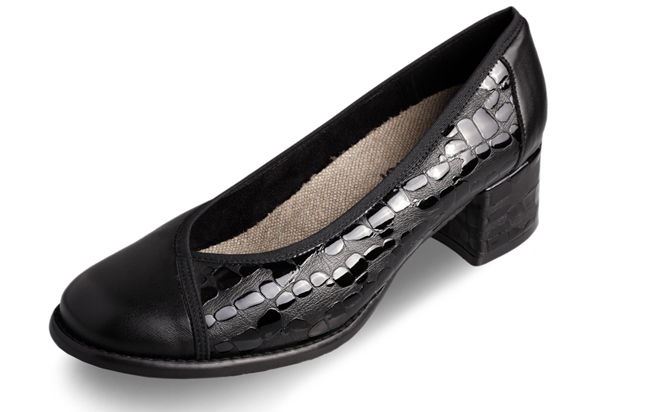
Turning your dream shoe design into a reality requires finding the perfect private label shoe factory and manufacturer. This partner will take your vision and transform it into a tangible product, ensuring quality and aligning with your brand identity. Look no further! In this comprehensive guide, we’ll walk you through the essential steps and considerations to find the perfect manufacturing partner for your private label footwear venture. Here’s a detailed guide to help you find the right fit:
Step 1: Know Your Needs
Before you start your search, clearly outline your requirements and expectations. Determine the types of shoes you want to produce, your target market, desired production volume, quality standards, and budget constraints. Having a clear understanding of your needs will streamline the selection process.Before diving into the search, clearly define your requirements. Consider these factors:
- Shoe Type: Are you creating sandals, sneakers, boots, or something else?
- Quantity: How many shoes do you plan to produce initially and in the long run?
- Quality Standards: What level of quality are you targeting (e.g., premium leather, budget-friendly materials)?
- Customization: Do you need specific features or unique design elements?
Step 2: Research and Shortlist
Utilize online directories and platforms specialized in connecting businesses with manufacturers. Websites like Alibaba, Thomasnet, and Maker’s Row allow you to search for private label shoe factories based on location, capabilities, and other criteria. Explore these platforms to compile a list of potential partners.Now it’s time to explore potential partners! Here are effective ways to research:
- Online Directories: Platforms like [ThomasNet] or [MFG.com] connect businesses with manufacturers globally.
- Industry Forums: Online communities like [Shoe Aholics] or industry-specific forums can offer recommendations and insights.
- Trade Shows: Attending footwear trade shows allows you to network with manufacturers directly.
Step 3: Evaluate and Select
Reach out to industry peers, mentors, or other entrepreneurs who have experience with private label shoe manufacturing. Their insights and recommendations can help you identify trustworthy manufacturers and avoid potential pitfalls. Once you have a shortlist, delve deeper into each manufacturer:
- Company Reputation: Research their experience, past projects, and client testimonials.
- Minimum Order Quantity (MOQ): Ensure their MOQ aligns with your production needs (especially if you’re starting small).
- Capabilities: Do they have the expertise to craft your specific shoe type and meet your quality standards?
- Communication Style: How responsive and transparent are they in their communication?
- Pricing and Payment Terms: Compare quotes and understand their payment terms.
Pro Tip: Consider location. While overseas manufacturers may offer lower costs, factor in potential communication barriers, longer lead times, and import/export complexities.
Step 4: Build the Relationship
Once you’ve compiled a list of prospective manufacturers, thoroughly evaluate their manufacturing capabilities. Consider factors such as production capacity, expertise in your desired shoe styles (e.g., sneakers, boots, sandals), materials sourcing capabilities, quality control measures, and ethical manufacturing practices.
Request Samples and Prototypes: Before committing to a partnership, request samples or Once you’ve chosen a few promising manufacturers, reach out and initiate communication. Here are some key points to discuss:
- Your Brand and Vision: Provide a clear picture of your brand identity and design goals.
- Technical Specifications: Share detailed information about your shoe design, materials, and construction.
- Sampling Process: Discuss the process for creating prototypes and samples for your approval.
- Quality Control Procedures: Understand their quality control measures to ensure consistent production.
Negotiate Terms and Contracts: Once you’ve identified a suitable manufacturer, negotiate the terms of your partnership, including pricing, lead times, payment terms, intellectual property rights, and quality assurance protocols. Ensure that all agreements are documented in a detailed contract to protect both parties’ interests.
Conduct Due Diligence: Before finalizing your decision, conduct due diligence to verify the manufacturer’s reputation, reliability, and financial stability. Seek references from past clients, inquire about their experience working with the manufacturer, and consider conducting site visits to assess their facilities firsthand.
Build a Long-Term Relationship: Establishing a long-term relationship with your chosen manufacturer is key to the success and growth of your private label shoe brand. Maintain open lines of communication, provide feedback, and collaborate on continuous improvements to enhance product quality and customer satisfaction.
By following these steps and considerations, you can navigate the process of finding the perfect private label shoe factory with confidence. With the right manufacturing partner by your side, you’ll be well-equipped to bring your vision of stylish, high-quality footwear to life and establish a successful brand in the competitive market.

